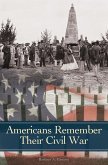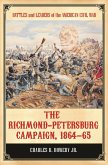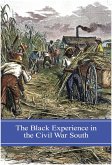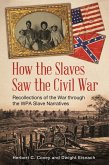Focusing on a little-known yet critical aspect of the American Civil War, this must-read history illustrates how guerrilla warfare shaped the course of the war and, to a surprisingly large extent, determined its outcome. The Civil War is generally regarded as a contest of pitched battles waged by large armies on battlefields such as Gettysburg. However, as American Civil War Guerrillas: Changing the Rules of Warfare makes clear, that is far from the whole story. Both the Union and Confederate armies waged extensive guerrilla campaigns-against each other and against civilian noncombatants. Exposing an aspect of the War Between the States many readers will find unfamiliar, this book demonstrates how the unbridled and unexpectedly brutal nature of guerrilla fighting profoundly affected the tactics and strategies of the larger, conventional war. The reasons for the rise and popularity of guerrilla warfare, particularly in the South and lower Midwest, are examined, as is the way each side dealt with its consequences. Guerrilla warfare's impact on the outcome of the conflict is analyzed as well. Finally, the role of memory in shaping history is touched on in an epilogue that explores how veteran Civil War guerrillas recalled their role in the war.
Bitte wählen Sie Ihr Anliegen aus.
Rechnungen
Retourenschein anfordern
Bestellstatus
Storno









